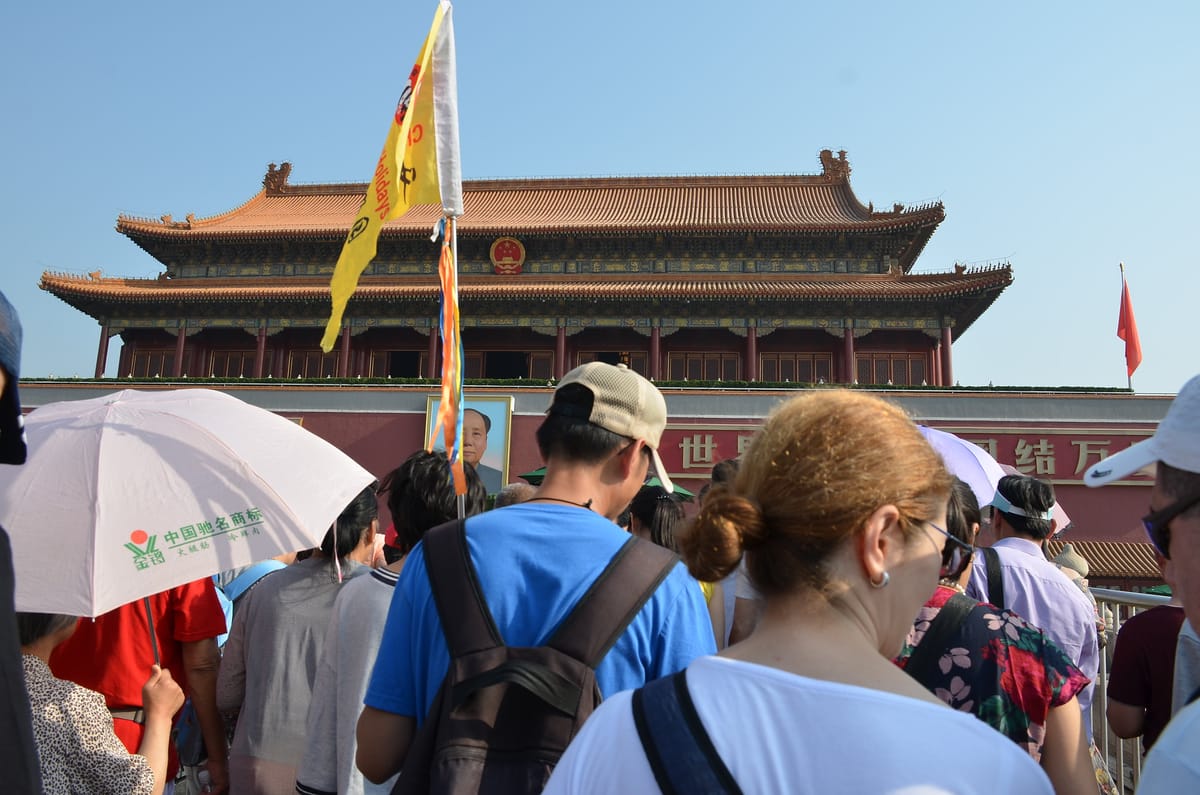The Philippines Says Yes to CBDCs But No to Blockchain

The Philippines is introducing a wholesale central bank digital currency (CBDC) without using blockchain.
Eli Remolona, the Governor of Bangko Sentral ng Pilipinas (BSP), said the country's central bank plans to launch the CBDC in the next two years.
Speaking to local media, Remolona said the central bank will not use blockchain to power its CBDC as it believes other countries have failed.
“Other central banks have tried blockchain but it didn’t go well,” he explained. With “wholesale” CBDC, Remolona said, “banks will be the only counterparties, and then, retail will ride on them.”

Wholesale CBDCs can improve the efficiency, safety and robustness of domestic and cross-border payments, the BSP believes. Retail CBDC offers the public with a credit risk-free alternative to deposits in private banks but could risk disintermediation and accelerate bank runs.
“The decision is to limit it to wholesale—no retail,” Remolona said.
China's e-CNY and Sweden's CBDC were highlighted by Remolana as "rival cryptocurrencies" as models the Philippines can replicate. He emphasized that the CBDC "would definitely happen" during his term as governor.
The CBDC will operate on the Philippine Payment and Settlement System, a payment and settlement system owned by the central bank.

The Philippines was ranked sixth in Chainalysis's 2023 Global Crypto Adoption Index. Donald Lim, the first-ever president of the Blockchain Council of the Philippines and principal organizer of Philippine Blockchain Week, said blockchain gaming drove crypto adoption in the country.
“I think Axie Infinity was the moment crypto really arrived in the Philippines,” said Lim. “You’d get into a pedicab and see that the driver had his phone mounted at the top of the windshield playing Axie — there were so many stories like that.”
The Philippines' young, tech-savvy population has embraced digital wallets, he added.
“Filipinos are used to putting in the effort to connect online and through social media, because as a nation of many small islands, we’re naturally disconnected. We’re also the world’s biggest exporter of human capital, and Filipinos abroad want to connect with people at home,” Lim explained.
However, Lim also said the government needs to support crypto adoption in the country. “Crypto adoption can’t only be bottom up," he said. "The government needs to set rules, and the biggest companies need to incorporate cryptocurrency into their offerings.”
He also believes the Philippines can be an industry leader. “We can become the blockchain capital of Asia. Look at the developer talent, look at all of the online groups devoted to trading and NFTs — it’s just a matter of time.”

